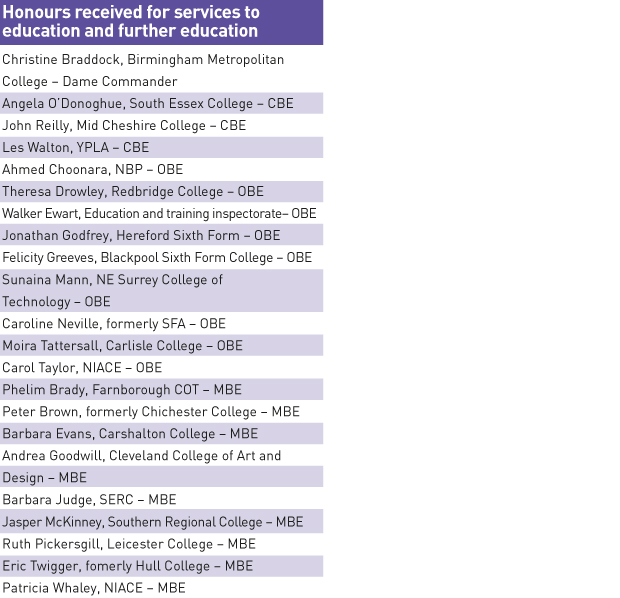It’s early days – and flexibility is essential – but a unique partnership of six FE colleges is determined to bring down costs and improve the service to students, says Alex Richards
Some people worry about the potential pitfalls of shared services. Others see it as an opportunity to push innovative thinking to its limits. But collaborative working demands exploration, especially when cost reduction remains vital to the financial survival of many FE providers.
After a year of talks, Totton College joined five other sixth-form colleges to become The Solent Colleges Innovation Partnership. Supported by funding from the Association of Colleges (AoC), it is the first (and only) partnership in the country to be made up solely of sixth-form colleges.
Initially created by the six principals, the partnership has the support of each college’s governing body. Geographically the six are close – three (Portsmouth College, St Vincent and Havant) are around the Portsmouth area and three (Richard Taunton Sixth-Form College, Itchen and Totton) around Southampton. This makes meetings easy and yet the distance is enough to ensure competition for students is at a fairly low level.
It is inevitable that there will be some overlap in competing areas of provision, but we all believe that by working together we can cut costs and improve the service to students.
The starting point in a project such as this is to learn to trust one another. To this end, we have established clear protocols to work through any issues that might arise.
From the start, we found that we often shared the same challenges; we now hope that we will all benefit from a common approach where we can. Instead of six colleges spending 10 hours each working on the same business process, two colleges might spend 15 hours developing a procedure that everyone can use. At the moment, for example, we’re exploring attendance tracking, value added and the introduction of new reporting technologies.
Despite having the same systems, we use them differently”
We learnt early on that it’s difficult to expect any college to give up an existing process or system that works well for them. Instead we are focusing on ‘green field’ activities – developing new systems and processes where all or most of the colleges in the group identify a shared gap. Conversely, there are some areas of current practice that we all are unhappy with and so we’ll collaborate on developing improved common systems.
A ‘development day’ at the start of the project brought senior teams together to build a good understanding of shared goals. The result was the formation of a number of sub-groups, including curriculum, finance, support for learning and HR. Five of the colleges use the same UNIT-e management information system and so an MIS sub-group was also formed, which I currently chair.
As we began looking at how we could use our MIS to work together, we realised that despite having the same systems, we use them differently. For example, one college may call a group of students a class and another a course, with different structures describing them on their database. That means that a report sent from one college’s system to another will have different coding assumptions, and won’t translate properly.
We are now identifying these differences to see if we can find ways to bring things together while still giving each of us the freedom to meet our local needs; this will allow us to continue to work with different data but on equivalent systems.
One important aspect has been to allow each of us to decide our own systems and processes. It is inevitable that some projects will be shared with all of the group, while others might pull in one or two. This flexibility is crucial. Collaborative working must achieve the best possible solutions, as well as save time and money.
Despite being in the early stages, we have high expectations of what we will be able to achieve by working jointly. There is a lot riding on this partnership – for us and the many other colleges who may follow our example.
For more information, please visit www.totton.ac.uk or www.capitafhe.co.uk
Alex Richards is assistant principal, college services, at Totton College

